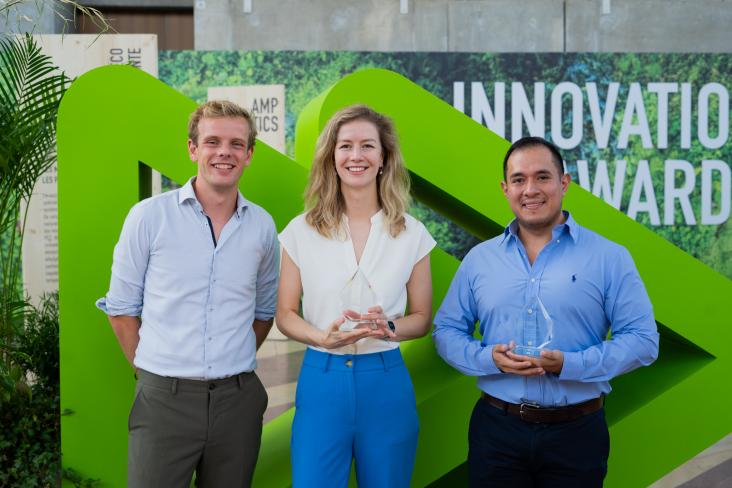Elsevier, A Review on Diverse Neurological Disorders: Pathophysiology, Molecular Mechanisms, and Therapeutics, Volume , 1 January 2024
Due to the aging population, both Alzheimer's disease (AD) and Parkinson's disease (PD) are degenerative brain disorders that are now recognized as important public health issues.
A sustainable future requires securing of the fundamental relationship between humans and biodiversity. This article highlights the importance of tapping into Indigenous and local knowledge for the conservation of biodiversity
In this context, the present study has a primary research objective: to develop a research agenda for entrepreneurial action, identifying key aspects related to STI and the SDGs, and to explore how both concepts are interconnected.

RELX, a global provider of information-based analytics and decision tools for professional and business customers, has announced the winners of the 2023 RELX Environmental Challenge, which supports innovative solutions to advance SDG 6 Clean water and sanitation.
The results of this study, which looks at the emissions and performance of the ICE fueled by ethanol, are in line with SDGs 7 and 13. Regarding optimization and prediction, the distinctive combination of ANN and RSM encourages sustainable industrialization, more conscientious consumption, and more ethical production patterns. All these are crucial components of SDGs 9 and 12. To make refined decisions and achieve improved performance and emissions, this research can benefit engine producers and researchers. This alliance between scholars and industry stakeholders supports SDG 17 (Partnerships for the Goals), which also encourages knowledge-sharing to advance the SDGs as a whole.
UN's Summit of the Future 2024: Paving the Path for SDG Resources
The data in this study highlights how important it is for future mental health policy and practice to incorporate support for those experiencing climate-related emotional distress and its mental health impacts.
This Health Policy paper supports SDGs 3, 15, and 17, among others, by exploring the potential values and risks of establishing an Intergovernmental Panel for One Health (IPOH), with the aim of contributing to addressing other global challenges, such as food and water safety and environmental degradation in the context of One Health.

Recognising our customers' exceptional work to achieve the United Nations' Sustainable Development Goals
In addressing the SDGs in general, the authors pose the question, “What is the potential role of SDGs as an accountability mechanism?”. A case study approach using interviews is taken to examine how certain organisations may use the SDGs as an accountability mechanism, and whether or not meaningful accountability is actually being achieved. It is concluded that the full opportunities offered by the SDGs are not yet in full use.
